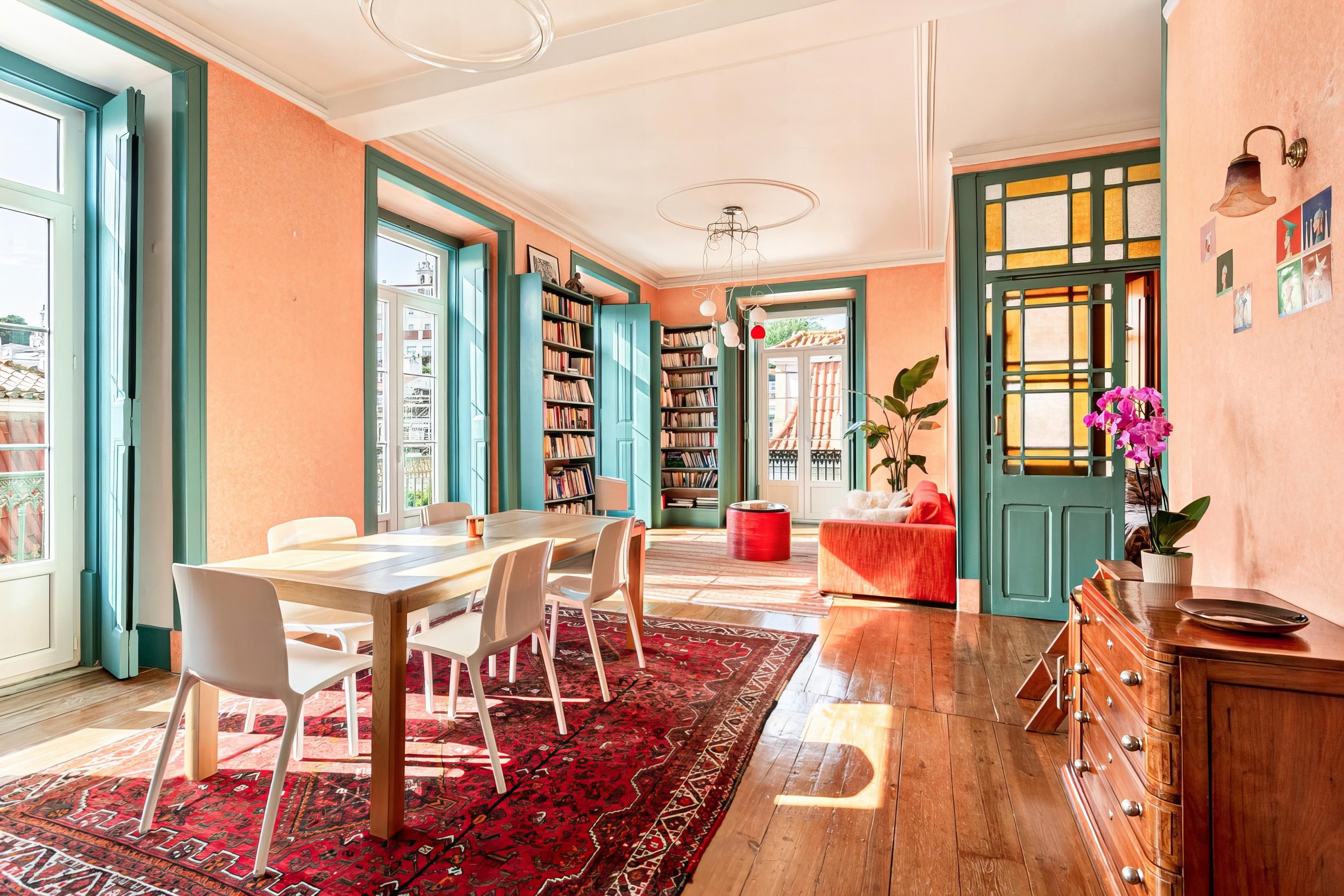Your path to Long-
Term Recovery,
—Starts Here.
Welcome home.
A New Approach to eating disorder Treatment —designed for INdependent women, made for real life.
From online support groups to residential care & specialist therapies, recovery at Ianthe House happens in community —built on meaningful relationships, trauma-informed care, & a rhythm that fits your life.
-
Long-term, peer-supported recovery co-living
—integrated care in inspiring shared homes.
Live with a small group of women committed to long-term recovery — balancing self-sufficiency with therapeutic support, in a rhythm that fits your life.
-
Long-term, therapist-led peer support groups
—designed to secure recovery early & embed it for life.
Intensive yet flexible, you’ll join a small, consistent group of women building a new way of living — grounded in trust, compassion, & real connection.
“It feels as if I have been looking for something like this for a very long time.”
-
Somatic, relational, trauma-informed therapies
—person-centred care for root-cause healing.
From somatic therapy to ADHD support, our lived-experience team helps you move beyond symptom management — into clarity, freedom, & deep self-trust.
A Place to Belong & Heal.
Residential Recovery
—Re-Imagined.
Ianthe Houses are beautiful shared homes for women to recover, live and grow — together. An accessible, integrated alternative to residential care.
-
Clapham House (London)
Grounded recovery in the heart of South London. A calm, spacious home with leafy parks, cosy cafés, and a connected neighbourhood feel with easy access to Central London — for those who value structure and city living. -
St Mary’s House (Scilly Isles)
Island recovery immersed in nature. A beautiful, Grade II listed home for creatives, remote workers & deep thinkers — surrounded by sea, wild beauty & space to breathe, rest & reflect.
-
Chiado House (Lisbon)
Energetic, light-filled recovery in one of Lisbon’s most vibrant neighbourhoods. Ideal for ambitious, wellness-focused women seeking inspiration, connection, & a bold new chapter.
Discover Chiado House →
“It’s such a lovely safe space. An incredibly rare opportunity to connect with other amazing women who care and understand.”
Discover your place in the Sisterhood.
—You don’t have to do this alone.
Recovery Circles are intimate, therapist-led online groups designed for intimate, long-term connection. Therapist-led, peer-supported recovery in a trusting, compassionate space.
-
For women navigating bulimia, binge & restriction, or body dysmorphia. Members build real-world friendships beyond this location-based group.
-
For women navigating binge eating, body shame & self-worth. A therapist-led space where compassion replaces judgment — & no one has to shrink to be seen.
“Such a powerful group of amazing people, I really can’t see it as anything other than a miracle, this chance to heal.”
-
For women 40+ navigating life transitions — from menopause to empty nests, shifting identities to new purpose. A safe space for real connection & self-discovery.
Our Therapeutic Foundation.
—Healing beyond
symptoms.
Behind our programs is a carefully chosen therapeutic foundation, designed to support lasting recovery, and to go far beyond symptom relief.
Whether you join a Circle, move into a House, or begin with 1:1 support, you’ll be held not just through recovery, but into a new way of living — one that feels free, joyful, and fully your own.
“I’m actually getting better for the first time and I can’t say thank you enough”
—send us a Whatsapp.
Not sure where to begin?
Stories of courage & connection.
A flexible alternative to private eating disorder treatment for adult women—combining community, expert support, lived-experience mentorship & long-term care.
“This is such a gentle, loving program where there’s no blame or pressure or judgment. But it allows you to just naturally move into a freer space, which is I think why it’s been so successful.”

















